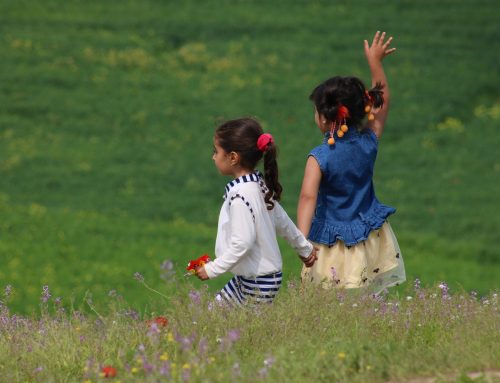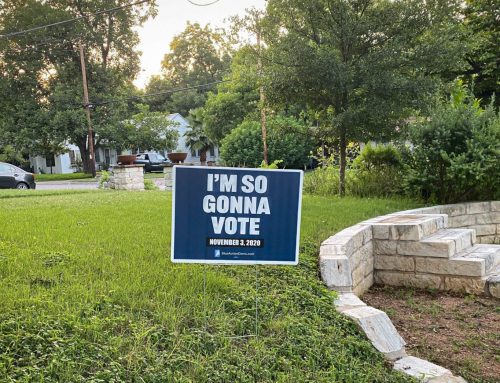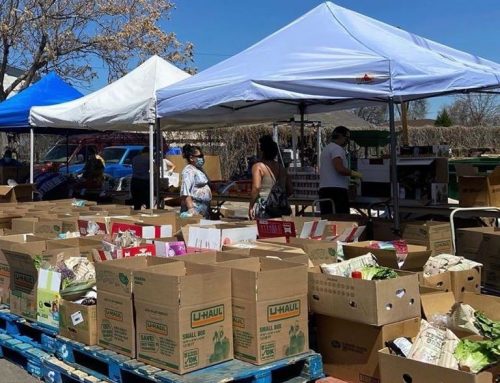Lisa Cirincione, Senior Resource Development Associate at Joining Vision and Action
Lately, I am at a complete loss about how the “other side” can justify the rightness of many of their actions to themselves and other people. For example, I catch myself thinking things like: “How can people actually believe it’s a good thing to allow insurers to charge more to people with pre-existing conditions, which will limit their ability to get health care when their lives depend on it!” In fact, I’ll admit that I’ve gone so far as to think that the other side’s policy positions are evil.
We’re all afraid.
What I am experiencing is not uncommon. Based on research from the Pew Research Center, people are viewing people in the opposing party very unfavorably and more negatively than they have in nearly 25 years. More than half of Democrats (55%) say the Republican Party makes them “afraid,” while 49% of Republicans say the same about Democrats. And those percentages increase the more active the respondent is in politics: of those who say they vote regularly and either volunteer for or donate to campaigns, 70% of Democrats and 62% of Republicans say they are afraid of the other party. Perhaps, even more interestingly, people’s divisiveness is not limited to their opposing party: same-party infighting is also common today. Only 16% of Republicans and 20% of Democrats say they “almost always” agree with their party’s policy stances.
And that is what gives me hope. Maybe we aren’t as polarized as we appear. In fact, the number of people who identify as extremely liberal and extremely conservative has remained fairly constant for decades. More people are beginning to resonate with holding a moderate view; for the first time in American politics, independents outnumber both Republicans and Democrats.[1]
Still trying to find common ground.
With that in mind, I think it will be easier for me to assume good intent and try to find common ground with people whose world views have led them to hold a different opinion than mine. Recently, Joining Vision and Action held a Conversation that Matters event about talking with people who take a different political position. In case you missed it, you can read Silvia’s blog about it here.
Personally, I found some of the tips raised at the event really useful, particularly the reminder that my worldview and past experiences have shaped my opinions and it would serve me well to dive deeper in conversations with other people so I can better understand what is behind their opinions. Not only will I learn more about that individual, but we both may start to take a warmer view of the other side.
[1] Pew Research Center. (2015). A deep dive into party affiliation. Retrieved at http://www.people-press.org/2015/04/07/a-deep-dive-into-party-affiliation.







Leave A Comment